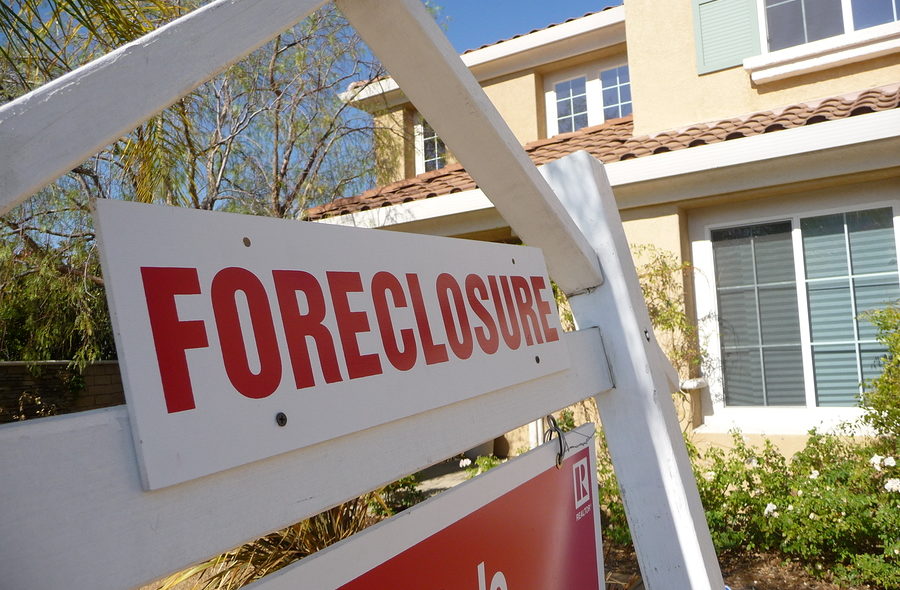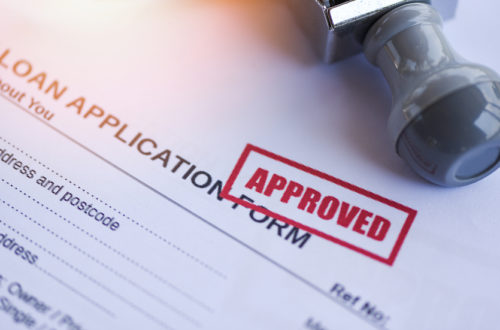Thousands of Florida seniors are facing foreclosure, even homelessness due to being stuck in reverse mortgages now going into foreclosure. According to the U.S. Department of Housing and Urban Development (HUD), nearly 15,000 Florida seniors out of the 85,000 currently holding reverse mortgages are at risk of losing their homes.
A reverse mortgage is also often referred to as a home-equity conversion mortgage. Reverse mortgage lenders normally target individuals over the age of 62 who are living in homes with larger amounts of equity. The reverse mortgage allows the homeowner to borrow against the equity in his or her home. Instead of monthly mortgage payments, the balance only becomes due when the borrower dies, moves away from the home permanently or sells the home.
The problem is many senior homeowners hear the reverse mortgage pitch, and it seems like a deal too good to be true, especially if they need a large sum of cash immediately. However, if the homeowner is not able to keep up on his or her taxes or insurance payments, which results in the mortgage going into foreclosure.
It is estimated that over 16,000 Florida homeowners with reverse mortgages have gone into foreclosure between the years 2012 and 2017, which is two times those reported in California, the state with the second-highest rates of reverse mortgage foreclosures.
Many different reasons surround why seniors with reverse mortgages are facing such high foreclosure rates. Most of them are living on limited incomes, and it only takes on major medical crisis for their budgets to fall apart. They may have been able to pay for their reverse mortgages prior to their medical emergencies, but the added bills can make even meeting the most basic of living expenses very difficult. Others lost their homes due to being suddenly widowed and no longer having their spouse’s income or losing the home because the mortgage was in the deceased spouse’s name. Critics of reverse mortgages also contend that lenders eventually want out of their loans due to them no longer being profitable if the homeowner lives too long.
According to figures from the National Reverse Mortgage Association, since 1990, approximately 1.3 million reverse mortgages have been taken out with 650,000 of them still outstanding. Thirteen percent of those still outstanding come from Florida alone.
Florida’s larger senior population makes the state particularly attractive to reverse mortgage lenders, which could be why eight of the 25 ZIP codes with the most foreclosures due to reverse mortgages came from Florida, according to a 2016 HUD study. These eight ZIP codes comprise more foreclosures than many states combined.
Choosing the right attorney can make the difference between whether or not you can keep your home. A well-qualified Miami foreclosure defense attorney will not only help you keep your home, but they will be able to negotiate a loan that has payments you can afford. Miami foreclosure defense attorney Timothy Kingcade has helped many facing foreclosure alleviate their stress by letting them stay in their homes for at least another year, allowing them to re-organize their lives. If you have any questions on the topic of foreclosure please feel free to contact me at (305) 285-9100. You can also find useful consumer information on the Kingcade Garcia McMaken website at www.miamibankruptcy.com.
SOURCE:


